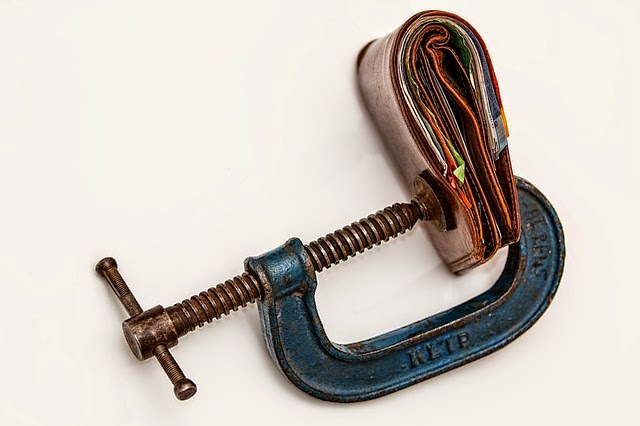Save your money like an art that present your living standard
In this technological world, you can easily earn money from various sources. I mean we have many alternative options of income such as content writing, blogging, e-tutorial and other part time jobs to earn money.
List of tips for Save Your Money
- You can save your money from energy resources such as you need to use power saving electrical gadgets and appliance I mean do not waste your extra electric bill.
- Fuels are another best option to save your income. Generally we invest little part of our pocket money in fuel. If you utilized fuel according to your need then it gives good results for saving you earn.
- Select a good saving plan in your bank. Generally banks have many schemes to invest for good return. We can use our money to invest in bank. It also a part of our saving scheme.
- We take food to happy live therefore we invest a large amount of our salary in food. But sometimes we purchased unnecessary items. So we should need to make a good list of items according to your need during shopping material for foods.
- In Student life , students purchase unwanted study material , join coaching institution without knowing best coaching institute for your preparation but after few time they realize their mistakes , therefore student need to join institute after inquiry and purchase study material under guide of expert teacher
Certainly! Here are some more practical tips to help in save your money:
1. Create a Budget:
Start by tracking your income and expenses to create a realistic budget. Allocate a portion of your income towards savings and stick to the budget as much as possible.
2. Set Savings Goals:
Determine your short-term and long-term savings goals. Whether it’s building an emergency fund, saving for a down payment on a house, or planning for retirement, having specific goals helps you stay motivated and focused on saving.
3. Pay Yourself First:
Treat saving as a priority by automating your savings. Set up automatic transfers from your paycheck or checking account to a separate savings account. This way, the money is saved before you have a chance to spend it.
4. Track and Minimize Expenses:
Monitor your spending habits and identify areas where you can cut back. Look for unnecessary subscriptions, dining out expenses, or impulse purchases that you can eliminate or reduce. Small savings can add up over time.
5. Comparison Shopping:
Before making a purchase, compare prices from different stores or online retailers. Take advantage of coupons, discounts, or promotional offers to get the best deals. Be a conscious shopper and avoid impulsive buying.
6. Reduce Utility Bills:
Find ways to reduce your utility bills by conserving energy. Use energy-efficient light bulbs, unplug electronics when not in use, adjust thermostat settings, and be mindful of water consumption. These small changes can result in significant savings.
7. Cook at Home:
Eating out can be expensive, so try to cook meals at home as much as possible. Plan your meals, make a grocery list, and buy ingredients in bulk. Not only will you save money, but you’ll also have more control over the nutritional value of your meals.
8. Limit Credit Card Usage:
Credit cards can lead to high-interest debt if not managed responsibly. Try to limit your credit card usage and pay off the balance in full each month to avoid interest charges. Consider using cash or a debit card for day-to-day expenses to stay within your budget.
9. Negotiate Bills and Services:
Don’t hesitate to negotiate with service providers for better deals. Contact your internet, cable, or insurance providers and ask if there are any discounts or promotions available. Loyalty doesn’t always pay, so explore options from other providers as well.
10. Practice Delayed Gratification:
Before making a non-essential purchase, give yourself some time to think it over. Delaying gratification can help you differentiate between needs and wants, allowing you to make more conscious spending decisions.
Remember, saving money is a habit that requires discipline and consistency. Start with small steps and gradually increase your savings as you develop better financial habits.
I hope that you are enjoying your beautiful life but never forget to save money for your future. The fact is we cannot earn money every age of time. At the last stage of life we need to money to life. This time we can use our saving amount
Was this helpful?
0 / 0




